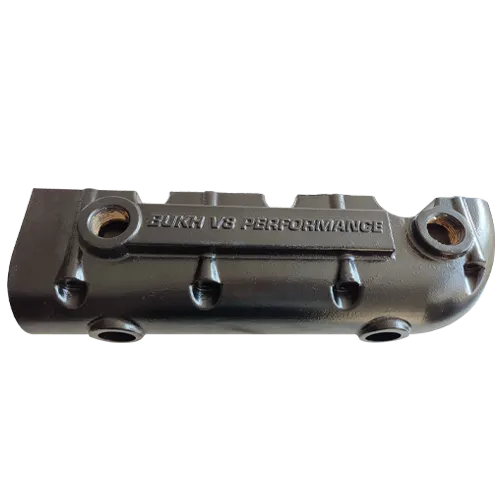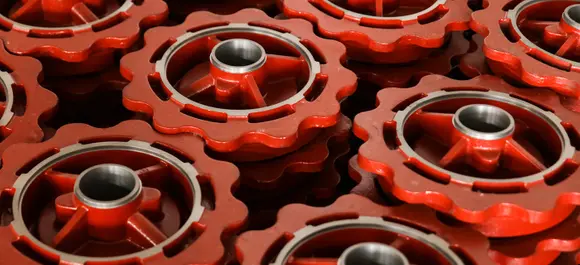Mobile:+86-311-808-126-83
Email:info@ydcastings.com
Gen . 09, 2025 12:17
Back to list
pumpe impeller
Understanding the Pump Impeller The Heart of Efficient Fluid Dynamics
Real-world application and experience deliver profound insights into these systems. Utilizing a tailored impeller can lead to significant energy savings and increased system lifespan, benefiting maintenance budgets and operational efficacy in the long run. Furthermore, failure to match the right impeller design and materials with the intended application can cause premature wear and system failures, leading to costly downtimes and repairs. Professionals familiar with pump systems understand that while manufacturers provide general specifications, there is no substitute for on-the-ground expertise and adaptation. Field tests often reveal that an initial design may require tweaking to address unforeseen dynamic conditions, such as unforeseen fluid viscosity changes or particulate content, ensuring the system's robustness and reliability. The authority on pump impellers lies in understanding not just the science but the art of impeller design and application. Manufacturers and engineers collaborate to create impellers that are not only technically sound but are also the perfect fit for their intended operational environments. Laboratory tests, field trials, and continuous feedback loops help refine these designs. Trust in pump impeller recommendations comes from a history of successful implementations and ongoing adaptation to technological advancements. As the demand for smarter and more sustainable pump solutions grows, impellers will continue to evolve, incorporating new materials and designs that enhance their performance and reliability. For any organization or professional dealing with fluid dynamics, staying informed about the latest in impeller technology is paramount. Understanding the intricacies of pump impellers ensures you harness their full potential, leading to efficient, economical, and sustainable fluid management solutions.


Real-world application and experience deliver profound insights into these systems. Utilizing a tailored impeller can lead to significant energy savings and increased system lifespan, benefiting maintenance budgets and operational efficacy in the long run. Furthermore, failure to match the right impeller design and materials with the intended application can cause premature wear and system failures, leading to costly downtimes and repairs. Professionals familiar with pump systems understand that while manufacturers provide general specifications, there is no substitute for on-the-ground expertise and adaptation. Field tests often reveal that an initial design may require tweaking to address unforeseen dynamic conditions, such as unforeseen fluid viscosity changes or particulate content, ensuring the system's robustness and reliability. The authority on pump impellers lies in understanding not just the science but the art of impeller design and application. Manufacturers and engineers collaborate to create impellers that are not only technically sound but are also the perfect fit for their intended operational environments. Laboratory tests, field trials, and continuous feedback loops help refine these designs. Trust in pump impeller recommendations comes from a history of successful implementations and ongoing adaptation to technological advancements. As the demand for smarter and more sustainable pump solutions grows, impellers will continue to evolve, incorporating new materials and designs that enhance their performance and reliability. For any organization or professional dealing with fluid dynamics, staying informed about the latest in impeller technology is paramount. Understanding the intricacies of pump impellers ensures you harness their full potential, leading to efficient, economical, and sustainable fluid management solutions.
Next:
Latest news
-
Why Should You Invest in Superior Pump Castings for Your Equipment?NewsJun.09,2025
-
Unlock Performance Potential with Stainless Impellers and Aluminum End CapsNewsJun.09,2025
-
Revolutionize Your Machinery with Superior Cast Iron and Aluminum ComponentsNewsJun.09,2025
-
Revolutionize Fluid Dynamics with Premium Pump ComponentsNewsJun.09,2025
-
Optimizing Industrial Systems with Essential Valve ComponentsNewsJun.09,2025
-
Elevate Grid Efficiency with High-Precision Power CastingsNewsJun.09,2025
Related PRODUCTS











